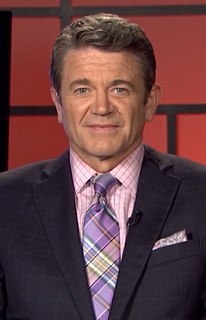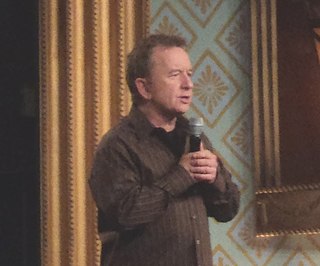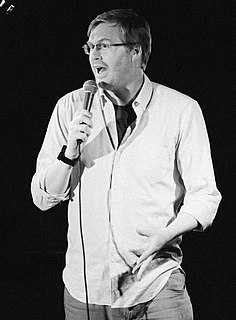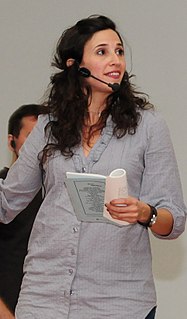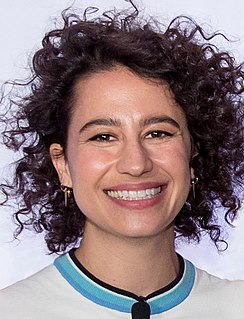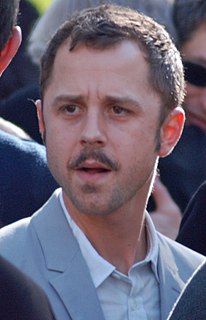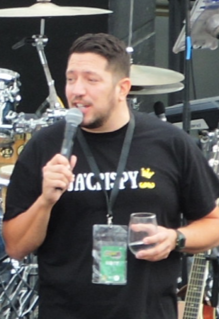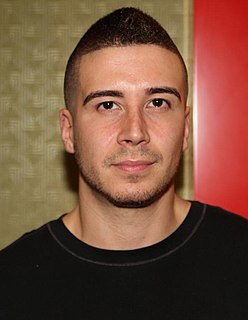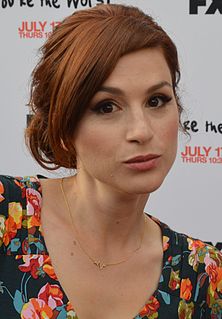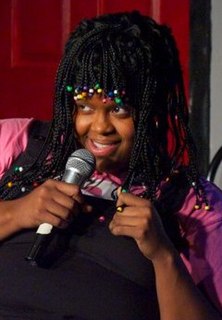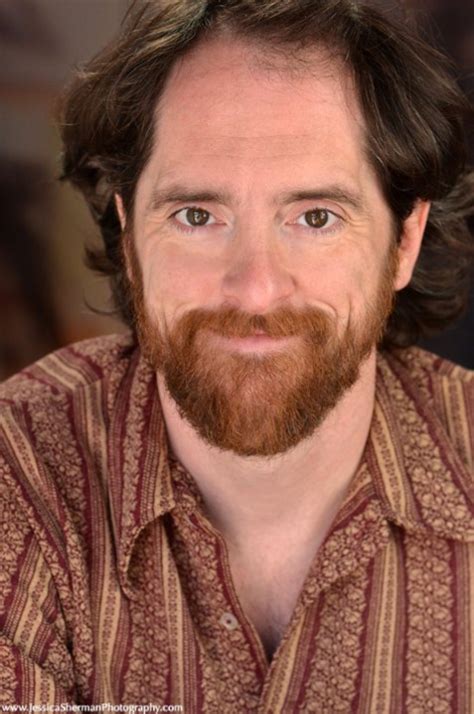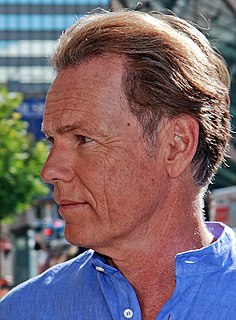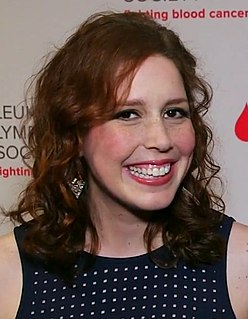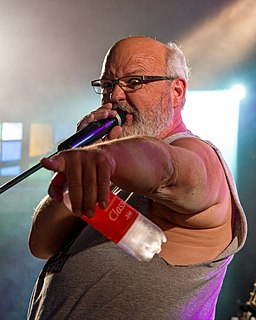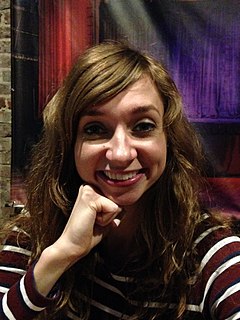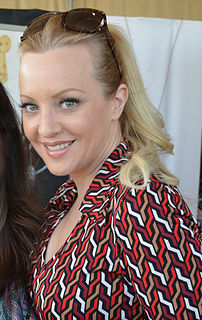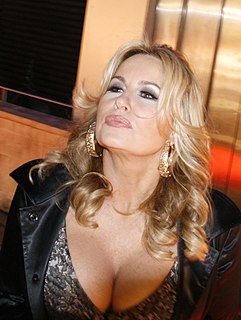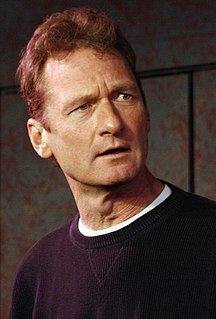Top 507 Improv Quotes & Sayings
Explore popular Improv quotes.
Last updated on April 14, 2025.
If there's one regret I have of my time in comedy it's that I really I was so obsessed with improv for so many years and I exclusively did improv for the first 6 years or 7 years. I was doing comedy and then I started doing solo work and stand up, a bit of writing, making videos, and really going into it on that end.
And writing comedy and it really taught me how to kind of like craft jokes, it sounds like weird but really focus on crafting jokes and trying to make the writing really sharp. At the same time I did improv comedy in college, and that helped with understanding the performance aspect of comedy, you know, because it's different when you improv something vs. when you write it and they're both kind of part of my process now.
I have friends who will say, "Oh you gotta come and see our show." And the first thing I say is, "Is it sketch or improv?" I'll go in a minute to see a sketch show. I love sketch; it's my favorite form. But if it's all improv, they're either very good and it's annoying how good they are and it makes you feel bad, or they're not too good then you're sweating for them. And you don't want to sweat for them, see actors repeating each other's lines.
I think with improv - and I say it all the time because it's become such a catch thing that you talk about improv - if the scene is well-written, you don't need to improv. But that being said, if something strikes you in the moment and, most importantly, you know where the scene is supposed to go, it's no different than method acting.
I think in the inception and creation of the characters, improv was the most important part for me, because I wanted to feel at home in those characters. I wanted to feel like I could commit to them. And so much of improv is saying yes and committing, so I think that's where the improv came in. Even if I'm saying yes to the X across the room from me, or the tennis ball on a stick, I have to stay alive.
Ladies like improv stilts, and I think men like improv giant cocks. But one of the great things about improv is that you get to play some roles you'd never get to play otherwise, you know, like the old Italian pizza-maker who's passing on the business down to his son. You get to play it all when you improvise.
I was kind of in an experimental phase with The Disposable Rappers. This is boring to me, because it's true, but when I was a sophomore in high school, I visited my sister in college and saw an improv troupe, and that was a genuine moment for me. It was an actual "Aha!" moment. After I saw that, I said, "I want to do comedy." So The Disposable Rappers started doing improv in addition to rapping, and when I went to college, I very specifically went saying "I want to join a comedy group."
I think sometimes when people start doing improv there's some regression towards trying to replicate the "good" improvisers that they've read about in their improv books or heard about from their teachers. That's understandable, because they're trying to learn technique and stuff, but I actually think that my favorite performers are ones who have unique improv technique but also have a unique point of view that you can feel with them and their performances.
It's great when improv is encouraged. It's a really fun thing. It depends on who's in the movie and how their process works, as well. It takes a director who is open to that because you have a script, but then something funny could happen on set. So, to have people around you who encourage improv is really exciting.
I love performing. I love doing improv. It's a totally terrifying experience, but it's something that I've always felt so strongly about and that I'm kind of obsessed with. And just as an actor, it's a great exercise. It's a great playground, you know, to try things out and to work on your skills. Because the mandate of improv is kind of the same as acting: It's all about your scene partner, it's all about being present and in the moment and exploring together as a team, a collaboration.
I remember like that scene with Pharrell where they're at the music video shoot, we have this on camera actually, Pharrell's confused because we weren't doing the script. We were doing all this improv and then Diddy says to him... Pharrell's like I don't understand what's going on and Diddy goes, "We do a lot of improv". (laughter) I remember being we just made him into a comedy nerd. We somehow turned Sean Combs into a comedy nerd, so.
We improv-ed scenes that didn't happen in the movie. We improv-ed the scenes that are written in the movie without the dialogue as written. We played around a lot to try and figure out just how we could flow with what was already written in the story and how we could highlight those imbalances and those points at which we came to loggerheads.
I was on the improv team in high school, and after I graduated, I joined an improv company that had been established 10 years prior to me getting there. They did longform improv, and I fell in love with it. It's acting, character creation, collaborative, artistic expression and comedy - and it's scary. It was a big rush.
Improv changed my life in the best way. I gained so much confidence and really learned how to use my sense of humor to do something other than make sarcastic comments to the TV, though that remains one of my best skills. I stayed in Chicago for college mainly to continue doing improv, which was an awesome decision for me.
Improv is more than just spitting out a bunch of funny stuff that's unrelated to the material. You have to stay in character, you have to react and respond as the character you're trying to play. You have to service the story, and I think improv training has helped with my listening, responding, and my audition technique. It's sounds so silly, but it's true. Because not only do you improvise during the audition, but once you get the part, they'll say, "Throw away everything. Just improv this scene. Do whatever you want." Someone could panic if they're not used to doing something like that.
I was invited to do an all-female improv festival in Portland called All Jane, No Dick. The person running it asked me if I had a female improv team, and I just said yes and then figured out who I would want to bring with me. We had such a fun show together that we decided that we should keep doing it.
There's different kinds of improv. There's Second City improv where you try to slowly build a nice sketch. There's stuff you do in college coffee houses where you just go joke, joke, joke. Bring another funny character with a funny hat on his head. Christopher Guest is more the line of trying to get a story out.
